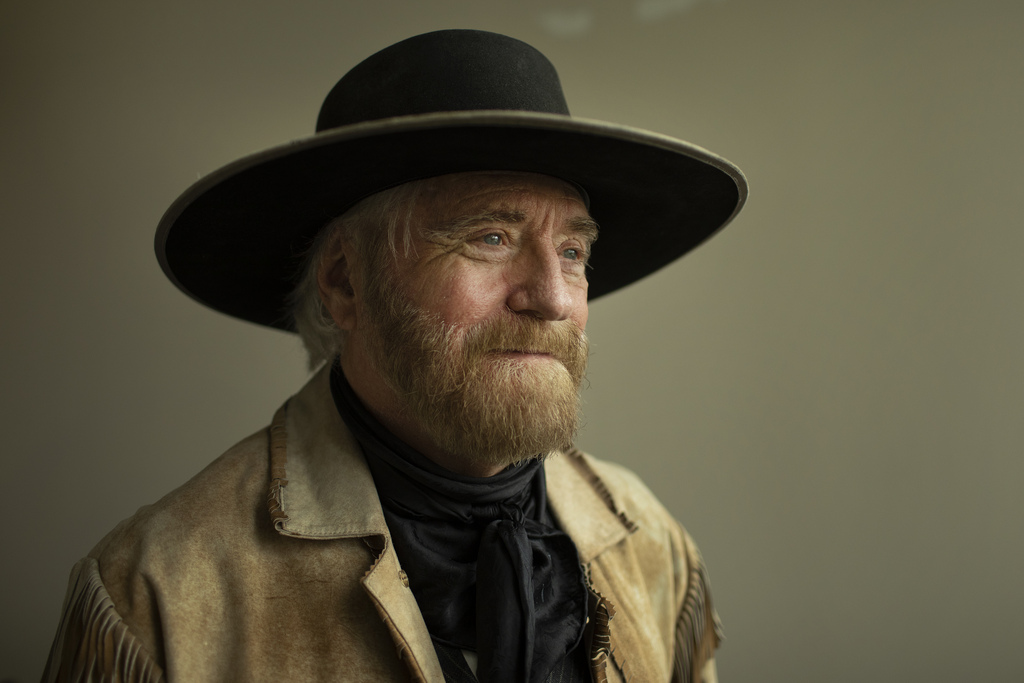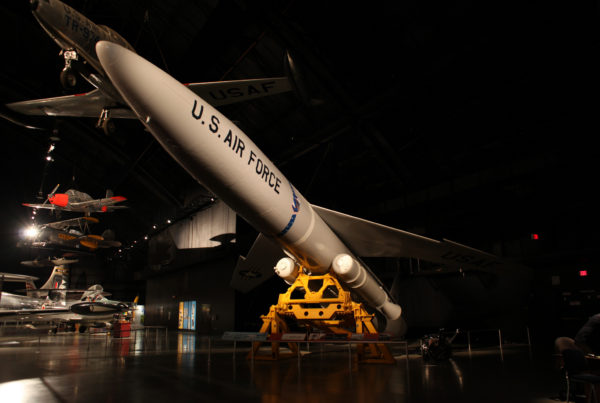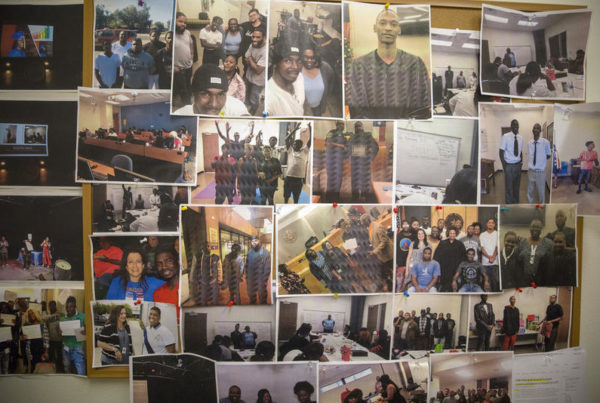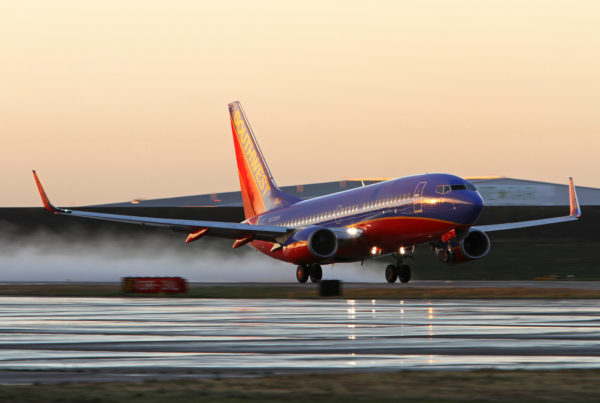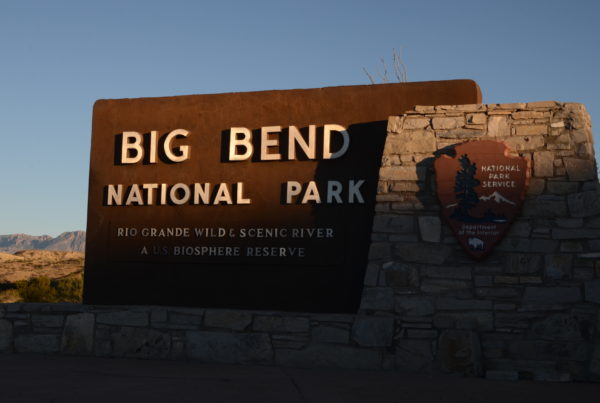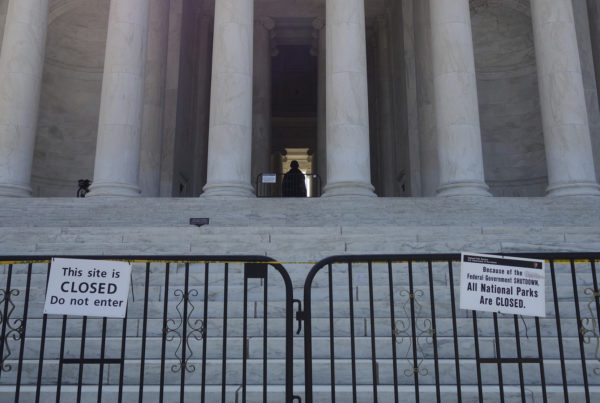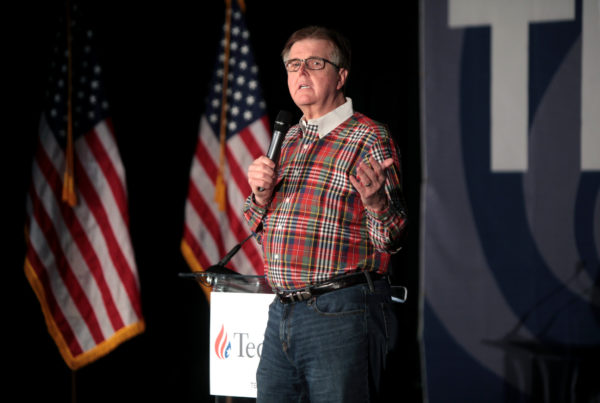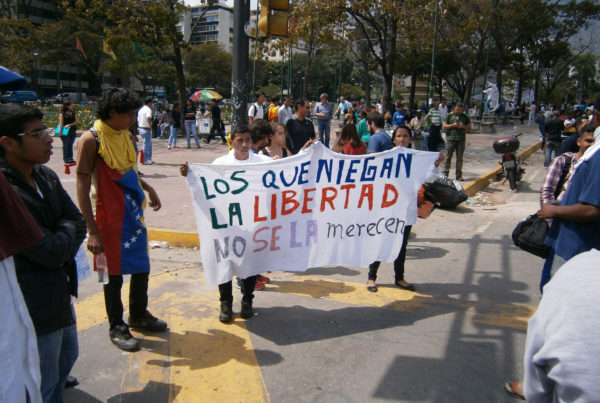Earlier this month, a rancher named Michael Martin Murphey, who lives in Colorado, was inducted into the Texas Music Legends Hall of Fame. Wondering why? Well, Murphey has a bit of a history with Texas music.
Murphey wrote and recorded the hit song “Wildfire” in the 1970s, and today, he’s rerecorded it with additional vocals by Amy Grant. But that’s not all. “Wildfire” appears on a new collection of old songs that revisit a time that’s considered somewhat sacred in the history of Texas music. In the late ’60s and early ’70s, creative types from all over, including Murphey, were drawn to a college town called Austin. On his new release, “Austinology: Alleys of Austin,” Murphey teams up with old friends Willie Nelson, Lyle Lovett, Gary P. Nunn and others to recreate the soundtrack of a vibrant scene that somehow emerged in the Texas Capital City.
“It was a very similar scene to what [Ernest] Hemingway went through,” Murphey says. “After World War I, instead of going back to America, he decided to live in Paris. And he invited a bunch of his other American friends there. They didn’t feel they could live in America and write what they wanted to write, then.”
Murphey says the singer-songwriter scene in 1970s Austin was also a welcoming place for exiles like himself, Willie Nelson, Jerry Jeff Walker and Waylon Jennings, all of whom were living in other, bigger places before they felt the call to make music in Austin.
“I came back to Austin and found that it was a place where I could work again, and really do the music I wanted to do, instead of writing songs for other people,” he says.
Murphey began writing songs because he wanted to be a lyricist and poet of the Southwest. He says he couldn’t do that in Los Angeles.
“What was different was that the hippies in California, in the cosmic generation … they were really rebellious against the generation before them,” Murphey says. “All of us who moved back to Texas had great relationships with our parents.”
Murphey’s Austin cohort was dubbed the “cosmic cowboys,” and he and his band are responsible for that phrase.
“At the time, whenever you said somebody was ‘cosmic,’ it meant they liked to drink, they liked to get high and they liked to get in a little bit different head space.”
The band applied the term to their friend Jerry Jeff Walker. Murphey says he wrote a song with the cosmic moniker and played it at a show one night, with Walker in the audience.
“It was a joke on him,” Murphey says.
On his new album, Murphey also covers Steven Fromholz’ “Texas Trilogy,” a song about life in Kopperl, Texas.
“It’s about the 1950s drought, that lasted seven years,” Murphey says. His family, and Fromholz both lived through it.
“Now, as you look at the hurricanes that hit Texas, and the tornadoes and the floods … you see how resilient we are as a culture, compared to a lot of other places,” Murphey says.
The 1970s scene Murphey celebrates on his new album often gets the label “outlaw country.” Murphey says that’s not what the people who were part of it called it.
“Nobody was trying to come up with a brand,” he says. “It wasn’t even called Texas music then. We were just writing songs and trading songs.”
And it was about the music he and his friends made after they finished a gig.
“It was a time of love and light and collusion,” he says.
Written by Shelly Brisbin.


